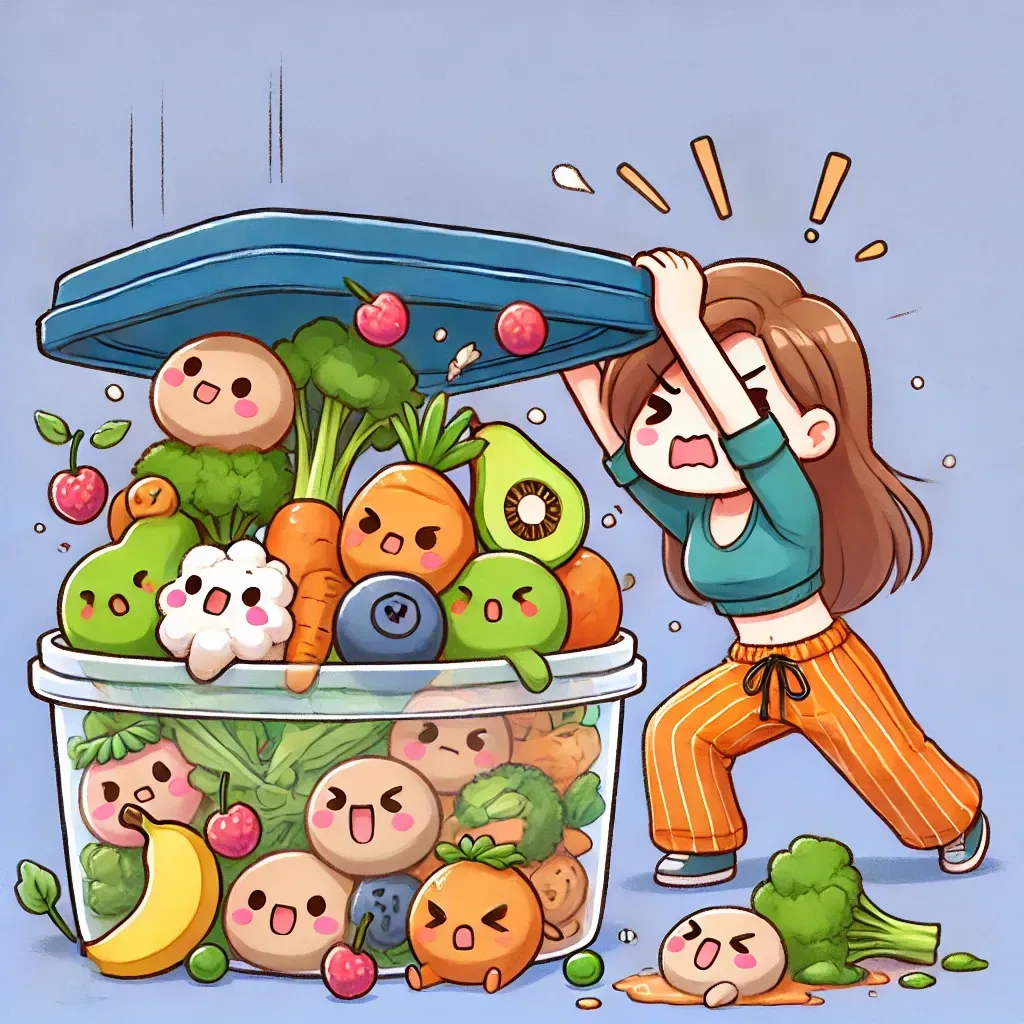7 Gut Disruptors
The gut is the home to your immune system. Your immune system is essential for protecting you against normal everyday germs, bacteria, infections and viruses. Your immune system keeps you healthy, and because it’s housed in your gut it’s essential to support proper gut health.
Every day you encounter pathogens that threaten your health. Your immune system has special cells that detect these pathogens though and come to destroy them before they make you sick.
That happens when it works.
But when the immune system is compromised, you can get sick. A compromised immune system is almost inevitable if you don’t support the good bacteria in your gut. Unfortunately, it doesn’t take much to throw this balance off, and many of the disruptors of this balance are common to the American experience. Here are 7 of the most common gut disruptors:
- Antibiotics and other medications - These medications can cause gut dysbiosis or an imbalance in proper gut bacteria. Some medications cause this after only one dose. Proton-pump inhibitors, beta-blockers, and antidepressants all can cause significant imbalance in the gut.
- Pesticides - You might say you don’t live on a farm and you don’t have to in order to be impacted by pesticides. Many pesticides are found on fresh fruit and vegetables. Glyphosate is a very common pesticide found. (See my blog “Poisoning from Pesticides”) Proper washing of fruits and vegetables and purchasing organic, especially for the Dirty Dozen is essential. (See my blog The Dirty Dozen (AKA Energy Killers)) Pesticides can kill the good bacteria in your gut and let the bad bacteria take over.
- Processed Foods - The extra and man made sugar and fats in these “foods” encourages pathogen overgrowth and starves the good bacteria. All bacteria needs to be fed by something to keep health. Processed foods feeds the bad bacteria and starves the good bacteria.
- Stress and Anxiety - Your stress actually impacts your gut health through the gut-brain axis. Your stress can lead to imbalance and the imbalance can lead to more stress which just puts you on a cycle that is hard to break. (See my blog Anxiety and the Gut)
- Environmental Toxins - These are everywhere! It can be household cleaners, hand soap, or even make-up. Toxins and heavy metals in these products bring significant imbalance to the gut.
- Sedentary Lifestyle - This is a major problem for many Americans. A slow or sedentary lifestyle leads to an increase in pathogenic bacteria that contributes to increase risk of chronic illness and infections.
- Lack of Sleep or Poor Quality - Sleep is essential to immune health so it’s no surprise that lack of quality or quantity compromises it. Poor sleep can also cause dysbiosis.
So how does gut dysbiosis or other imbalances impact your immune system?
Harmful bacteria that can increase because of the above ways produce many damaging toxins to the body. The bacteria and their toxins attack the lining of the intestines and the toxins escape into the blood stream. Once they are in your blood stream, they can do damage to all parts of the body. Your immune system prompts inflammation to try and stop these toxins. When this happens consistently, a chronic inflammatory response can settle in and cause chronic infection or autoimmune issues.
At the same time, the bad bacteria also prevents the good bacteria from growing and flourishing. This can impede proper digestion, absorption of vitamins and minerals, and the production of short-chain fatty acids.
The only way to help your immune system if you have gut dysbiosis is to address the imbalance. If you do any of these things (items 1-7) than there is a high chance that you have an imbalance in your microbiome.
I teach you how to correct this imbalance in my program EnergyRx and in private sessions.
Reach out to me so we can do the proper testing in order to create a strategic plan for healing. Not all imbalances are the same, and you need a individualized plan for healing.
Schedule a Free Health Discovery Session where we can discuss what option is best for you. I would love find a way to help you heal!
Don't Miss Out On More!

Heidi Toy FNTP
I help people all over the world heal by identifying and treating the root cause of their body imbalances. Through diet and nutrition, I guide them towards wholeness and balanced lives.
Heidi Toy Functional Medicine Blog














































































































